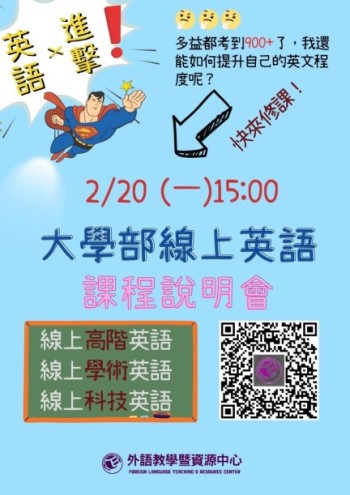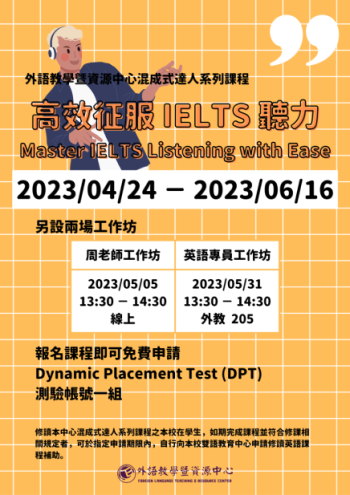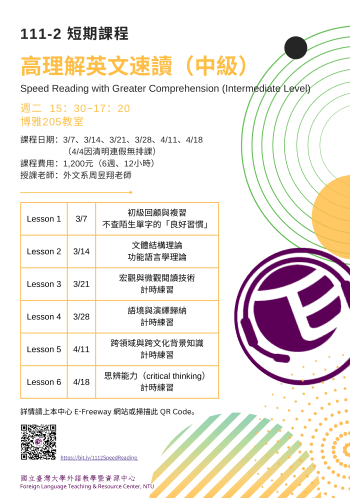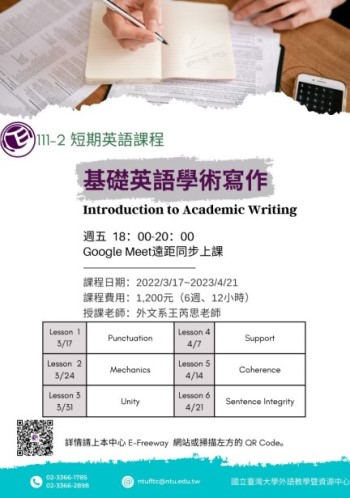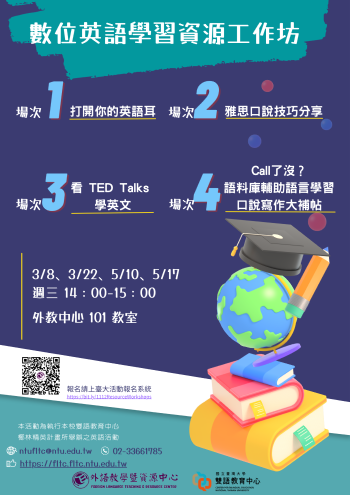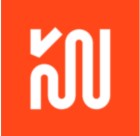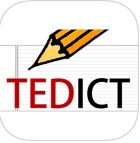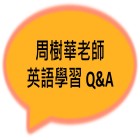Seattle Schools Sue Tech Giants Over Social Media Harm
VOA News|USA
January 08, 2023 8:15 PM (source)
Seattle Schools Sue Tech Giants Over Social Media Harm
西雅圖學校聯合控告科技巨擘所帶來的社群媒體危害
January 08, 2023 8:15 PM
Associated Press
VOA News 搶先看
西雅圖公立學校學區已向眾多經營社群媒體的科技巨擘提出史無前例的告訴。指控社群媒體已導致青少年心理健康每下愈況及行為障礙,迫使學校需採取額外行動因應此危機。此告訴並非針對社群媒體上的使用者原創內容,而是這些社群媒體公司的所作所為。如訴狀(complaint)所示,自 2009 年至 2019 年間,此學區中連續兩週每日感覺無助或悲傷的學生比例平均上升 30%。該學區正訴請損害賠償(damages),以支付預防性宣導、濫用或不當利用社群媒體所產生之相關治療費用。
The public school district in Seattle has filed a novel lawsuit against the tech giants behind TikTok, Instagram, Facebook, YouTube and Snapchat, seeking to hold them accountable for the mental health crisis among youth.
Seattle Public Schools filed the lawsuit Friday in U.S. District Court. The 91-page complaint says the social media companies have created a public nuisance by targeting their products to children.
It blames them for worsening mental health and behavioral disorders including anxiety, depression, disordered eating and cyberbullying; making it more difficult to educate students; and forcing schools to take steps such as hiring additional mental health professionals, developing lesson plans about the effects of social media and providing additional training to teachers. ●
"Defendants have successfully exploited the vulnerable brains of youth, hooking tens of millions of students across the country into positive feedback loops of excessive use and abuse of Defendants’ social media platforms," the complaint said. "Worse, the content Defendants curate and direct to youth is too often harmful and exploitive ...."
While federal law — Section 230 of the Communications Decency Act — helps protect online companies from liability arising from what third-party users post on their platforms, the lawsuit argues that provision does not protect the tech giants’ behavior in this case.
●"Plaintiff is not alleging Defendants are liable for what third-parties have said on Defendants' platforms but, rather, for Defendants' own conduct," the lawsuit said. "Defendants affirmatively recommend and promote harmful content to youth, such as pro-anorexia and eating disorder content."
In emailed statements Sunday, Google and Snap said they had worked to protect young people who use their platforms.
Snap launched an in-app support system called 'Here For You' in 2020, to help those who might be having a mental health or emotional crisis find expert resources, and it also has enabled settings that allow parents to see whom their children contact on Snapchat, though not the content of those messages. It also has recently expanded content about the new 988 suicide and crisis phone system in the U.S.
"We will continue working to make sure our platform is safe and to give Snapchatters dealing with mental health issues resources to help them deal with the challenges facing young people today," the company said in a written statement.
José Castañeda, a spokesperson for Google, said Google, which owns YouTube, had also given parents the ability to set reminders, limit screen time and block certain types of content on their children's devices.
"We have invested heavily in creating safe experiences for children across our platforms and have introduced strong protections and dedicated features to prioritize their well-being," Castañeda said. ●
Meta and TikTok did not immediately respond to requests for comment.
The lawsuit says that from 2009 to 2019, there was on average a 30% increase in the number of Seattle Public Schools students who reported feeling "so sad or hopeless almost every day for two weeks or more in a row" that they stopped doing some typical activities.
The school district is asking the court to order the companies to stop creating a public nuisance, to award damages, and to pay for prevention education and treatment for excessive and problematic use of social media.
While hundreds of families are pursuing lawsuits against the companies over the harm they allege their children suffered from social media, it's not clear if any other school districts have filed a complaint like Seattle's.
Internal studies revealed by Facebook whistleblower Frances Haugen in 2021 showed that the company knew that Instagram negatively affected teenagers by harming their body image and making eating disorders and thoughts of suicide worse. ●
Language Notes
註 1:complaint:名詞,此指民事起訴狀
註 2:public nuisance:名詞,指某項作為或不作為損害公眾的健康、安全、安寧、或道德觀念。
註 3:provision:名詞,意旨條款。
註 4:plaintiff:名詞,意指原告。
註 5:defendant:名詞,意指被告。
註 6:damages:於本文為名詞,意指損害賠償
BACK TO CONTENT
Check your comprehension!
Choose the BEST answer to each of the questions below. After you finish, highlight the parentheses to reveal the hidden answers.
1. ( B ) According to the article, why does the plaintiff believe that the social media companies are liable for the mental health crisis among youth?
(A) They do not filter user-generated content on their platforms.
(B) They knowingly promote negative content to teenagers.
(C) They are unwilling to pay for treatment for the use of social media.
(D) They prioritize user needs of the students in the public school district in Seattle.
2. ( C ) Which of the following platforms might have done the LEAST in terms of protecting young users' physical and mental well-being?
(A) Snapchat
(B) YouTube
(C) Facebook
(D) TikTok
3. ( D ) Look at the four circles [●] that indicate where the following sentence could be added to the passage. She alleged that the platform prioritized profits over safety and hid its own research from investors and the public. Where would the sentence best fit?
(A) Circle 1
(B) Circle 2
(C) Circle 3
(D) Circle 4
編譯:外語教學暨資源中心 編輯小組
|

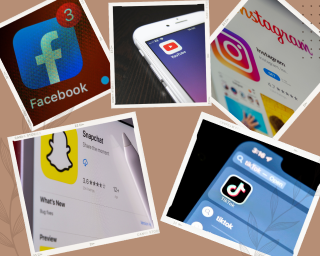 Read more on VOA.
Read more on VOA.
